OFFICE ADDRESS:
6247 Jarvis Ave
Newark, CA 94560

We are always on the lookout for signs of macular degeneration during any adult eye exam. The optical world has set aside February as a month to pay particular attention to Age Retailed Macular Degeneration. The macula is the central part of the retina and allows us to read fine print clearly and see colors vividly. Age-related macular degeneration (AMD) is a problem with your retina. It happens when a part of the retina called the macula is damaged. With AMD you lose your central vision. You cannot see fine details, whether you are looking at something close or far. But your peripheral (side) vision might still be normal. AMD is quite common. Imagine driving where you can see the cars on either side of you, but not directly in front of you. How scary might that be?
ARMD is the leading cause of central vision loss in Americans over 50 years old.
- There are three main types of age-related macular degeneration:
- Dry or Nonexudative – drusen and pigment deposits only
- Wet or Exudative – abnormal growth/leakage of blood vessels +/- drusen deposits
- Geographic atrophy – retinal support system breaks down with loss of vision without blood vessels or drusen usually
What are the risk factors?
- Age: Affects more than 2 million Americans over 50 years old. The prevalence of ARMD in the USA is around 6% when 65 and almost 20% when 75 years old.
- Genetics: Family history (many genes being studied)
- Smoking: Increases your risk for progression
- Other eye conditions: hyperopia and light-colored iris
- Systemic diseases associated: hypertension, hypercholesterolemia, cardiovascular disease
- Gender: women are more likely to be affected than men
- Race: Caucasian
- UV light – no significant proven risk but caution and sunglasses advised.
Macular degeneration is irreversible. However, caught early, there are treatments that can greatly slow the progress of ARMD. Schedule an eye exam with us soon to see if you have any symptoms of ARMD before it’s too late.









